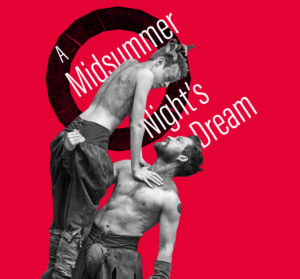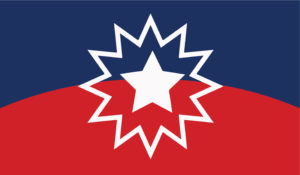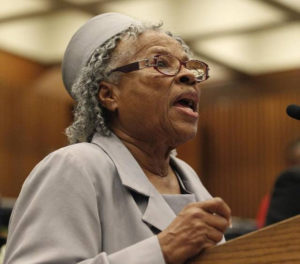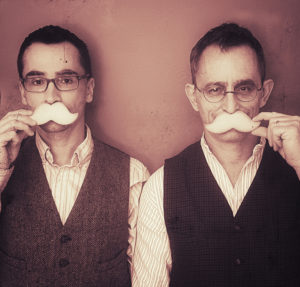Busy week! Bloomsday last Tuesday, Juneteenth yesterday, and now here comes the Midsummer solstice this evening of the 20th. It is the moment when the sun reaches its zenith at the Tropic of Capricorn, and this time around, it occurs at 5:44 PM Eastern Daylight Time. More or less––the precise moment will depend upon where you’re at within your time zone. But you get the general idea. It brings the arrival of summer by the almanac, though in traditional circles we think of this as midsummer, for once this moment passes, already the days are beginning to decrease in daylight, and in the constant rearrange––each day being slightly different than the one before and the one to follow––we are on the way now toward winter.
The calendar will continue to be busy. In Sweden and other Arctic countries, it is the annual Midsommar celebration. Here in the States, it is Father’s Day on Sunday. And the celebration of Midsummer in other places is set around St. John’s Eve on June 23 and St. John’s Day on June 24, celebrations you might think of as opposite sides of the coin from Christmas Eve and Christmas Day. In fact, the early Church assigned the birth of Christ to the days that follow the Midwinter solstice, and the birth of St. John the Baptist to the days that follow the Midsummer solstice. This was done by design: Christ is depicted as the Light of the World, coming in the darkness of Midwinter. Legendary magic attends both: at midnight on Christmas Eve, animals are said to speak or kneel and pray, and St. John’s Eve is the setting for William Shakespeare’s A Midsummer Night’s Dream. Some will say it’s set at May Day, but I would disagree, and so would Shakespeare’s Globe Theatre, which is currently closed due to Covid-19 quarantine, yet streaming for free, online, until June 28th, its 2013 production of the A Midsummer Night’s Dream… the photo above is a promotional shot from the play (and please join me in making a donation there, if you can, in exchange for the performance––the Globe operates thanks to the support of those who visit, and right now, no one is visiting).
Glad Midsommar to you, solstice greetings. A very happy Father’s Day to all our fathers––those that were given to us and those that we’ve chosen. My dad, he used to joke about it, calling it Jack Ass Day, a habit he picked up from his own dad, my grandfather, Lazzaro Cutrone. I never got to meet that grandpa––he died long before I was born. I think of that sometimes. I see pictures, and a few home movies, and he looks like a great guy. I think about the children of my nephews: how they all knew my dad, their great grandfather, and that makes me happy. And then I get to wondering about the great celestial workings: our planet spinning on its axis, orbiting the sun, the sun spinning as well, the Milky Way spinning, too, in the even greater mechanics of the expanding universe. Sometimes it makes my head hurt, and sometimes I have a fleeting grasp that it’s all connected: you and me, the people we love, the planets and stars to the edge of the universe, and even the parallel ones, as well.
If I can, I’ll write again come St. John’s Eve. Happy Midsummer.



